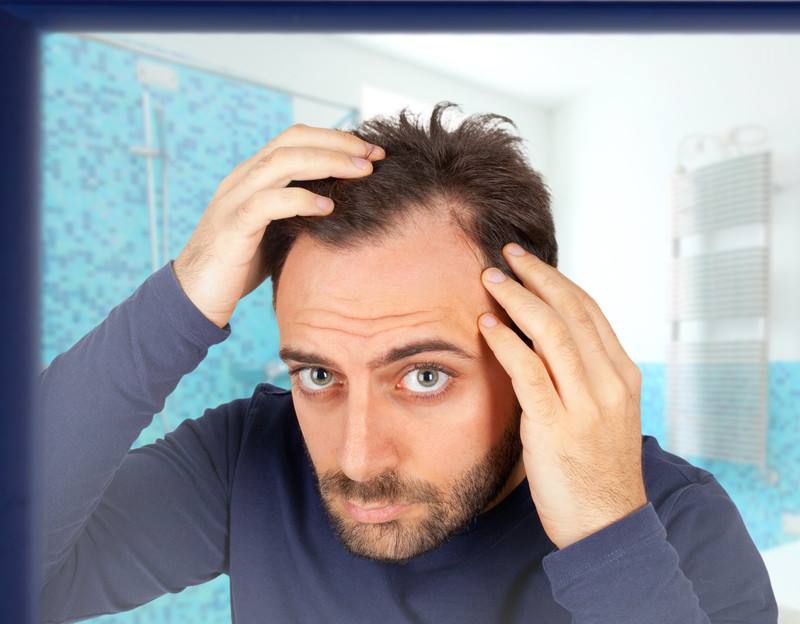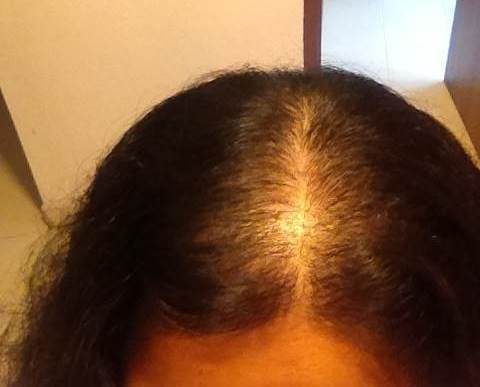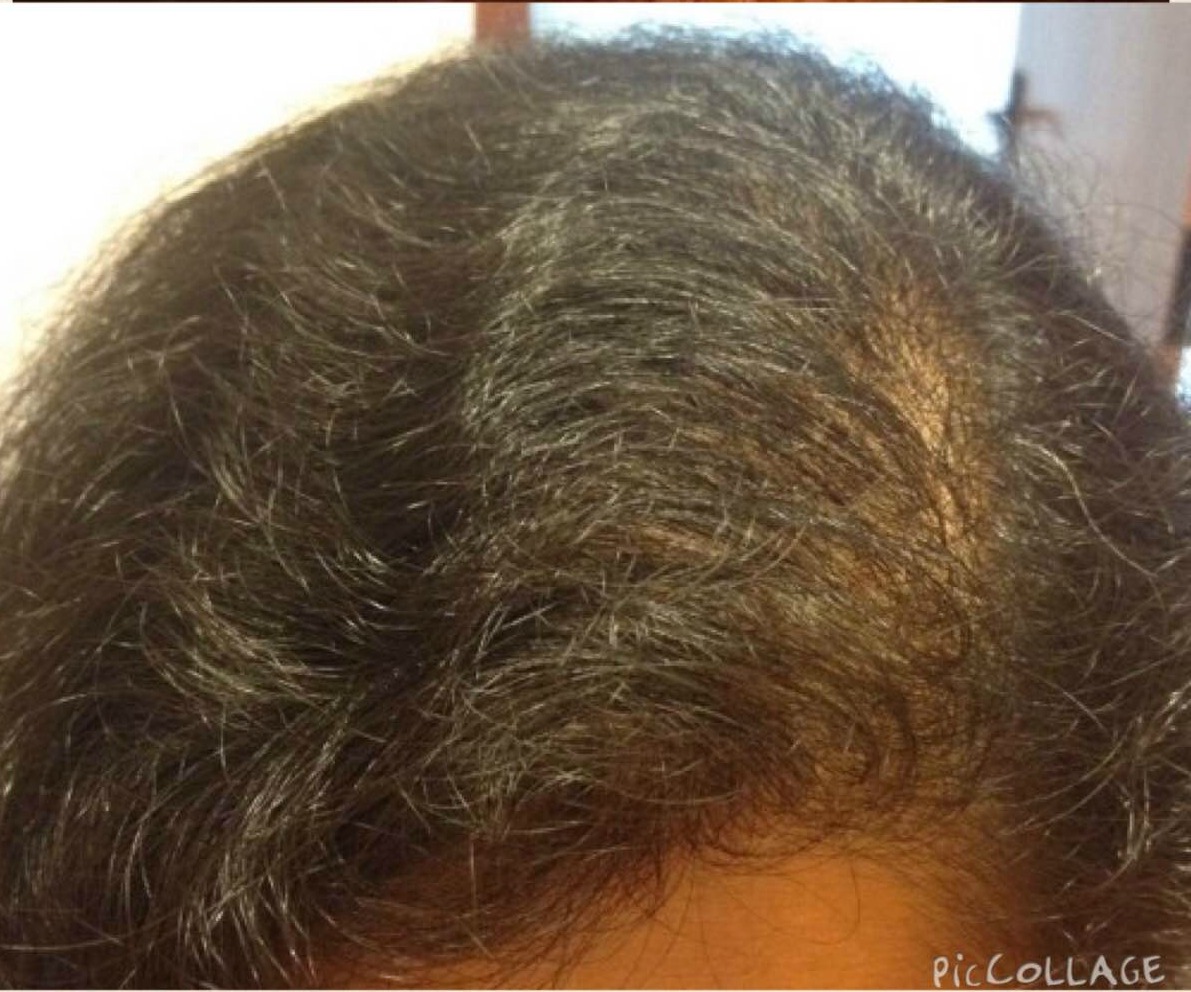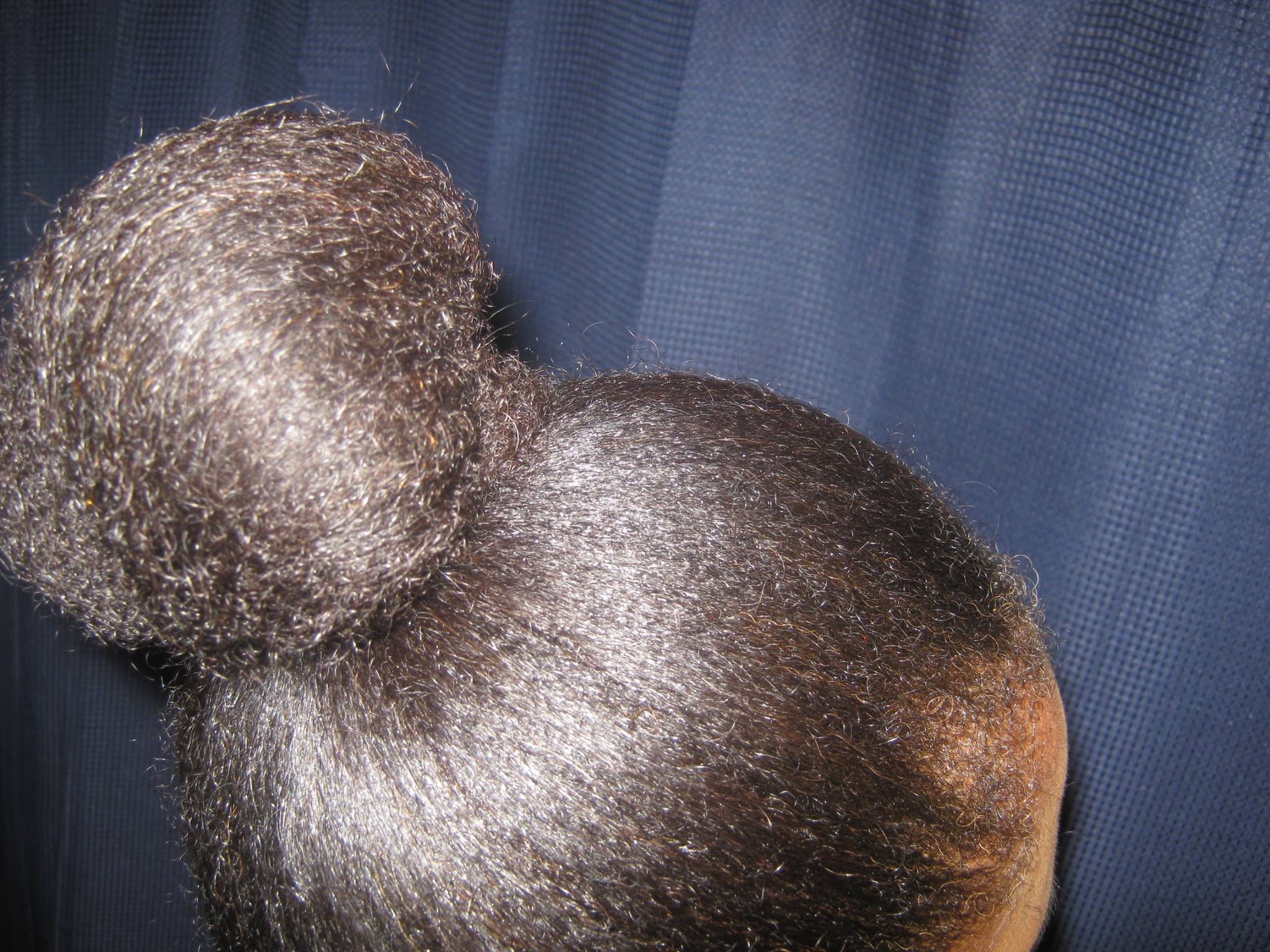Learn About the Most Common Causes For Hair Loss
The causes for hair loss listed below are for basic information purposes only. I am a self-trained nutritionist. I put this information together for you for reference
purposes only. There are links to outside medically-related articles to
give you a much better idea of the meaning of some of the unusual terms
listed on this page.
Common & Uncommon Causes for Hair Loss
This page lists many well-known, well
researched reasons for hair loss, and links you to outside, professionally researched pages for more information. So whether your hair loss is age related, diet related,
or you have an autoimmune disorder, the information is just a click away.
Nutrient deficient diet: A highly processed food diet and lack of nutrients contribute to hair loss.
Prolonged fasting: Extended fasting can cause rapid shedding, and should only be done under the direct supervision of a medical doctor or a naturopath.
Traction alopecia: Hair loss caused by tight ponytails or braiding needs to be addressed by a hair care professional. Hair loss may resume if the damage is not extensive
Trichotillomania: Compulsive hair pulling. This condition needs to be handled by a professional
Androgenetic alopecia is hormonally-related hair loss which affects both men and women
Post Pregnancy: Pregnancy-related alopecia is not permanent and does not require intervention. Regrowth should resume within three to six months. In some women, regrowth can take up to a year. Women who are nursing may take longer to establish regrowth.
Anemia: Caused by low iron.
Anorexia and bulimia cause hair loss because of the loss of extremely important EFAs, which are essential fatty acids found in fish and other sea foods. With bulimia and anorexia, zinc and biotin are in short supply, and hair growth will suffer.
Cancer: Chemotherapy is one of the most well known causes for hair loss. Hair loss is temporary
Bowel disorders cause hair loss by attacking the lining of the bowel, causing malabsorption of nutrients. This can lead to hair loss. This includes IBS and Crohn's Disease.
Diabetes causes hair loss because of poor circulation and endocrine imbalance.
Alcohol destabilizes hormones by raising estrogen and lowering zinc levels in the body. Alcohol cannot metabolize itself, and draws reserves from the body.
Soy Products cause endocrine dysfunction and thyroid disease which has been linked to hair loss. Please read our page on the dangers of soy milk and other soy products.
Whey Protein Isolate Powder is one of the Major Causes For Hair Loss
Dr. Shapiro states that whey protein isolate powders cause hair loss by increasing testosterone levels, and in turn, increasing DHT. Dr. Shapiro states that males experiencing hair loss should not take whey-based protein isolate supplements. In studies conducted by Dr. Shapiro, removing whey protein isolate supplements has been shown to increase density and hair growth.
Here's Dr. Shapiro's article on whey protein isolate supplementation and hair loss.
Watch Dr. Shapiro's Video on Hair Loss and Whey Protein Isolates
More Conditions That Cause Hair Loss
Folliculitis causes hair loss because of inflammation of the hair follicles. This damage is temporary, and hair growth should immediately resume once this condition clears up.
Linchen planopilaris: an autoimmune disorder where the body attacks the hair follicle
Swimming in chlorine water and not washing the hair afterwards can cause hair loss.
Telogen effluvium is caused by severe stress which causes the hair to go into the telogen phase, which is the resting phase. A person with telogen effluvium can lose 400 or more hairs a day, causing even more distress for the individual. This condition affects both men and women equally.
To learn how to control stress-related hair loss, click here.
Lupus ereythematosus is an inflammatory disease that affects the skin. This condition can cause dark, patchy, scarred skin that can cause hair loss. Hair loss occurs because the skin becomes scarred and damaged. We've linked gluten to lupus.
Frontal fibrosing alopecia (cicatricial alopecia) is scarring alopecia. This type of alopecia tends to occur mostly to women who are post-menopausal. Frontal fibrosing alopecia is also an autoimmune disorder.
Tinea Capitis, which is a scalp fungal infection more commonly seen in children. This fungal infection causes patchy hair loss.
Diseases of the thyroid gland, like Hashimoto's Thyroiditis cause hair loss. Thyroid conditions are one of main causes for hair loss. This occurs because the thyroid produces either too much thyroid hormone or too little. Graves Disease is another autoimmune disorder caused by hyperthyroidism. We've linked Graves disease to gluten.
If you've been diagnosed with thyroid disease, Graves Disease, or any other diseases under an autoimmune disorder classification, and you have hair loss, please refer to our gluten allergy page for more information.
Extreme Diets will cause hair loss. Extreme low carbohydrate diets, fad diets, extremely high protein diets, excessively low fat diets, or vegetarian/vegan diets that are not careful about a complete amino acid profile can cause hair loss.
Biotin Deficiency: Biotin is known as B-7 or Vitamin H. Biotin is essential for healthy hair growth and cell growth. Lack of biotin in the diet can lead to serious hair loss. Severe biotin deficits can even cause your eyelashes or eyebrows to fall out.
Click here for our hair loss supplements page.
Folic acid is the synthetic form of folate. Folate is the single most important thing for your diet to reverse hair loss. Natural forms of folate are beans and green leafy vegetables.

Here's a List of Medications That Cause Hair Loss
- Accutane
- Anti-depressants
- Blood thinners
- Statins/Cholesterol medications
- Naproxen
- Birth Control pills
- Ulcer medications (Coumadin)
- Tridone
- Lithium
- Lopurin
- Lopid
- Cytoxin
- Taxol
Prednisone, which is a steroid, can cause hair loss. Prednisone
is prescribed for arthritis, autoimmune diseases, and other inflammatory
diseases.
Other Causes For Hair Loss
- Hair styling techniques like braiding and tight ponytails
- Trauma to the scalp, like accidents
- Chemical hair straighteners
- Birth control pills cause hormonal shifts
- Senile alopecia (one-third of males over the age of 70)
- Steroids that body builders use cause hair loss.
- Syphillis
Sheree Gilkey is a participant in the Amazon Services LLC Associates Program, an affiliate advertising program designed to provide a means for sites to earn advertising fees by advertising and linking to amazon.com







